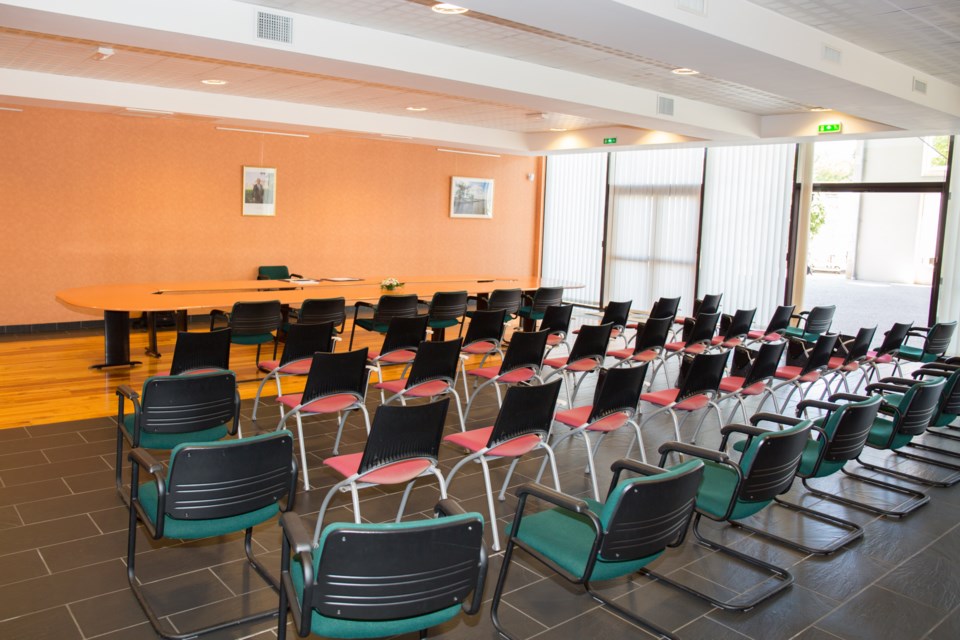Weld County will be holding a public meeting on Wednesday, September 17 to discuss its multijurisdictional Hazard Mitigation Plan. The meeting will be held from 6 p.m. to 8 p.m. in the events room of the Weld County Administration Building, in Greeley. Attendees will learn how a hazard mitigation plan is created and hear about proposed projects that are intended to improve resiliency. Attendees will also have the opportunity to share feedback regarding their own personal experiences.
Weld County’s current Hazard Mitigation Plan was created and implemented in 2021, but the county said disaster costs continue to rise, which requires a more comprehensive plan for the community to prepare for disasters. The mitigation plan looks at ways to reduce risks and harms from floods, wildfires, tornadoes, earthquakes, hazardous materials, and other types of hazards.
One aspect of the plan is that when rebuilding is necessary following a disaster, creating something stronger and more resilient prevents a continuous cycle of damage followed by a period of reconstruction. Hazard mitigation doesn’t just include buildings, but also protecting farmers and agricultural producers from losses of crops and livestock.
“Whenever an emergency occurs, it’s common to ask, ‘Was my community prepared? Why did this storm impact my area so severely?’” said Denise Bradshaw, Emergency Management Coordinator of the Weld County Office of Emergency Management (OEM). “The answer comes down to community preparedness and resiliency planning, which the Hazard Mitigation Plan update helps solidify. This plan includes goals and projects meant to benefit residents, so it’s important they are a part of the process.”
The process of creating this hazard mitigation plan started in May this year, when the county solicited community feedback through an online survey. The scheduled meeting will be the last step of the process as Weld County enacts an updated plan to protect the community from hazardous events.
“Community preparedness and resiliency planning works best with everyone involved,” said Roy Rudisill, Weld County OEM Director. “Emergencies affect everyone differently, especially in a county as big as Weld, full of urban and rural characteristics. Having as much input as possible helps ensure we can create a plan that meets many different needs.”



